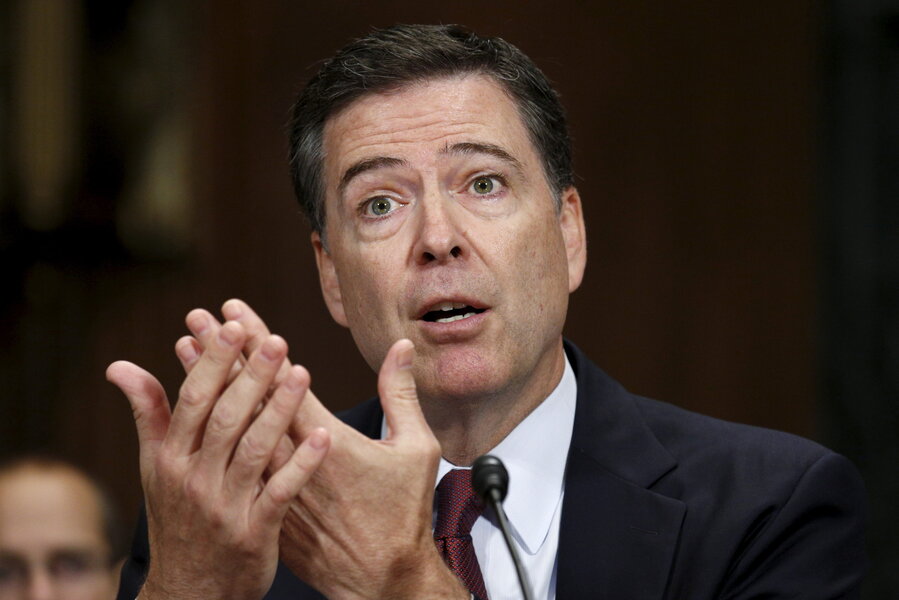White House agrees not to read your emails – kind of
Loading...
After a year of debate among the White House, intelligence agencies, and technology companies about how much access the government should have to private, encrypted customer data, the White House on Saturday said it will not write a law to force technology companies to give the government access to this concealed information.
The White House agreed with technology companies and cybersecurity experts that giving intelligence a "back door," or a key to unlock encrypted data, would weaken the security of customer data that’s shared through text messages, e-mails, and websites.
Providing an opening to intelligence and law enforcement would also make the data more vulnerable to China, Russia, cybercriminals, and terrorists, the Obama administration has determined.
Though this is a positive sign that technology companies are somewhat more empowered to protect their customers’ privacy in the post-Snowden era of heightened awareness of widespread government surveillance, it doesn’t mean that intelligence agencies from the NSA to local law enforcement will stop asking Apple, Google, and others to hand over customer data to help aid criminal investigations.
"This looks promising," said Peter G. Neumann, one of the nation’s leading computer scientists, "but there’s still going to be tremendous pressure from law enforcement."
In an interview with The New York Times, he said, "The NSA is capable of dealing with the cryptography for now, but law enforcement is going to have real difficulty with this. This is never a done deal.”
Since Edward Snowden revealed the extent of NSA spying, companies like Google and Apple have stepped up efforts to encrypt customer data so that even if the government issued a warrant for it, the tech giants say they would not be able to comply, reports The New York Times.
For instance, starting with the iPhone 6, Apple began encrypting emails, photos, and contacts, converting the information into a complex mathematical code that can only be unlocked by the phone’s user. Even Apple doesn’t have the key, the company says.
Google has been offering an encryption option on its Android phones for years, and last year it said that all new Android phones would be encrypted by default.
But American intelligence services can still legally obtain data like text messages, e-mails, photos, and calling records through court orders, notes Bloomberg News, regardless of heavy encryption. And the NSA invests heavily in getting around digital encryption, says the Times.
Even without direct access, intelligence and law enforcement can still access unencrypted data stored in the cloud or transmitted over phone lines, access to which is guaranteed by a telecommunications law that doesn’t apply to internet technology companies.
Plus, White House officials said they would continue pressuring technology companies to help them in investigations, though they did not specify how.
"We’re not looking for volunteers, not looking to sneak in anywhere," testified FBI Director James Comey at a Senate hearing on Thursday, reports Bloomberg.
The important thing, he said, is to make sure companies "get to a place technologically, legally, where we could get you to comply with court orders."







